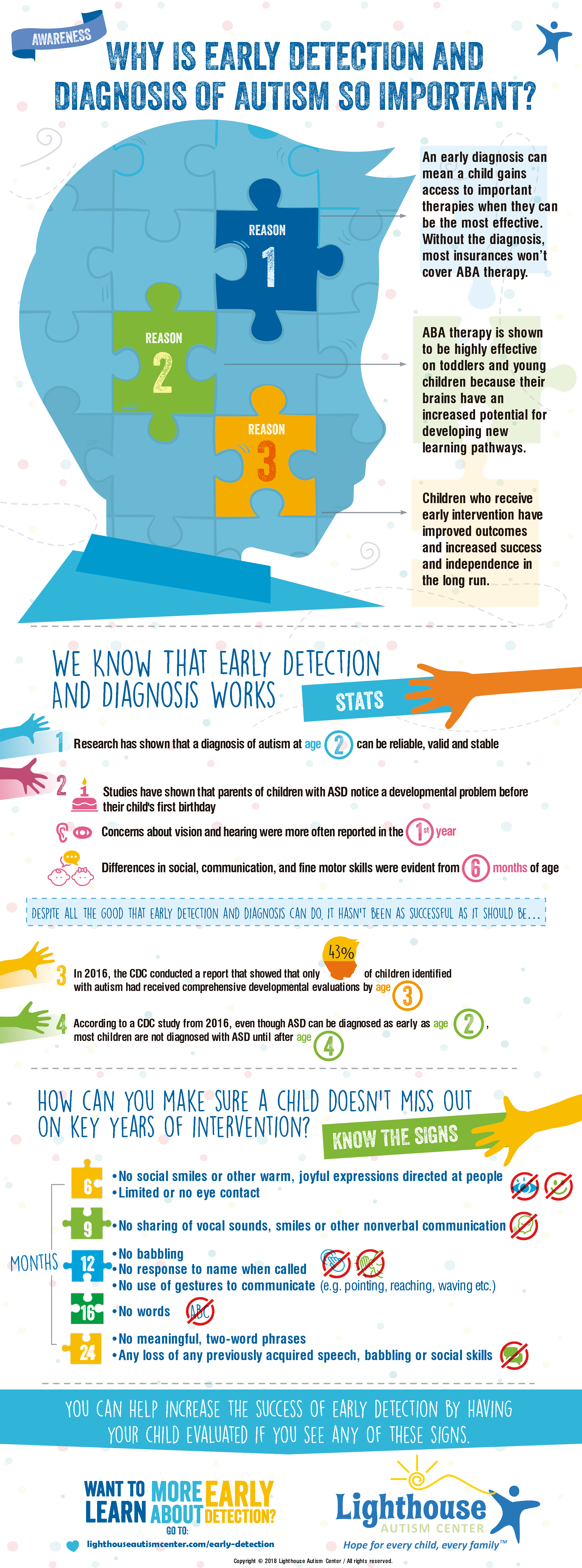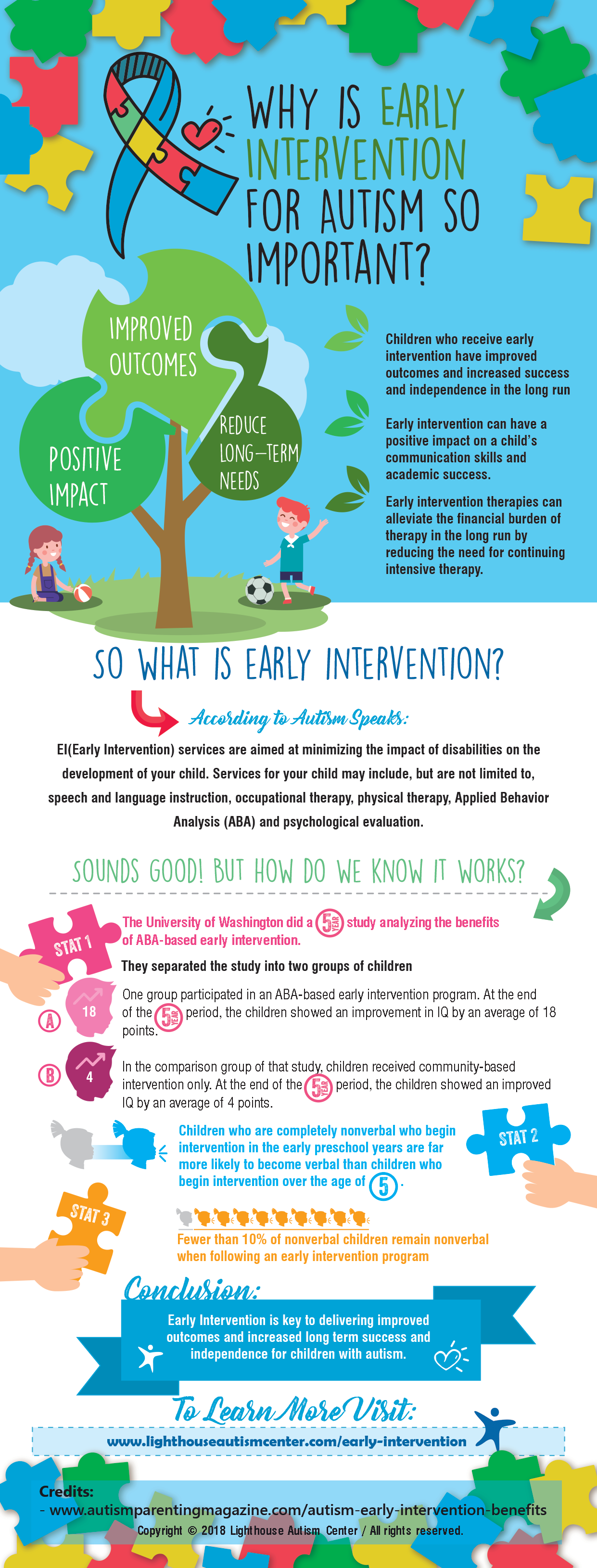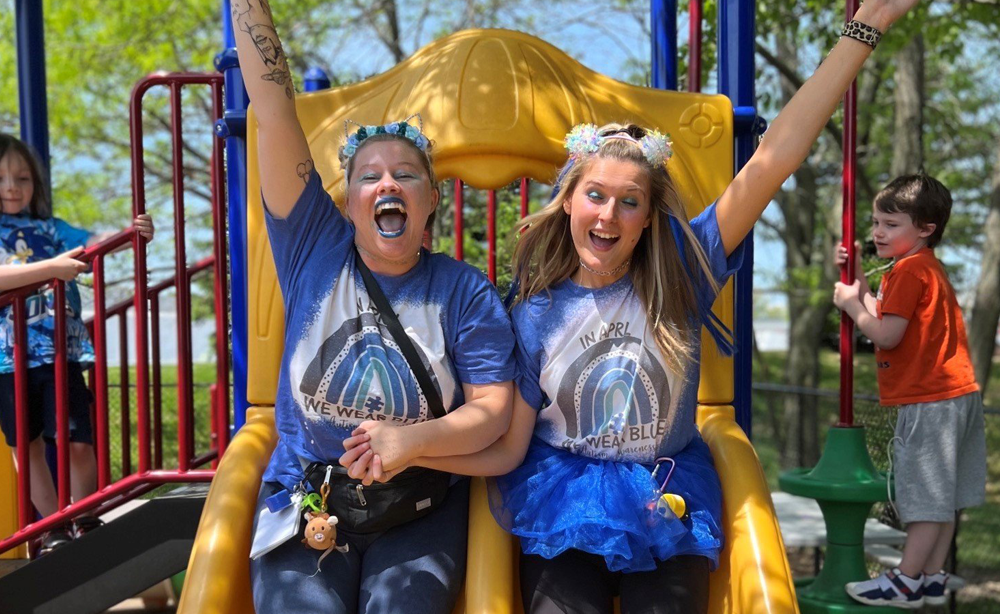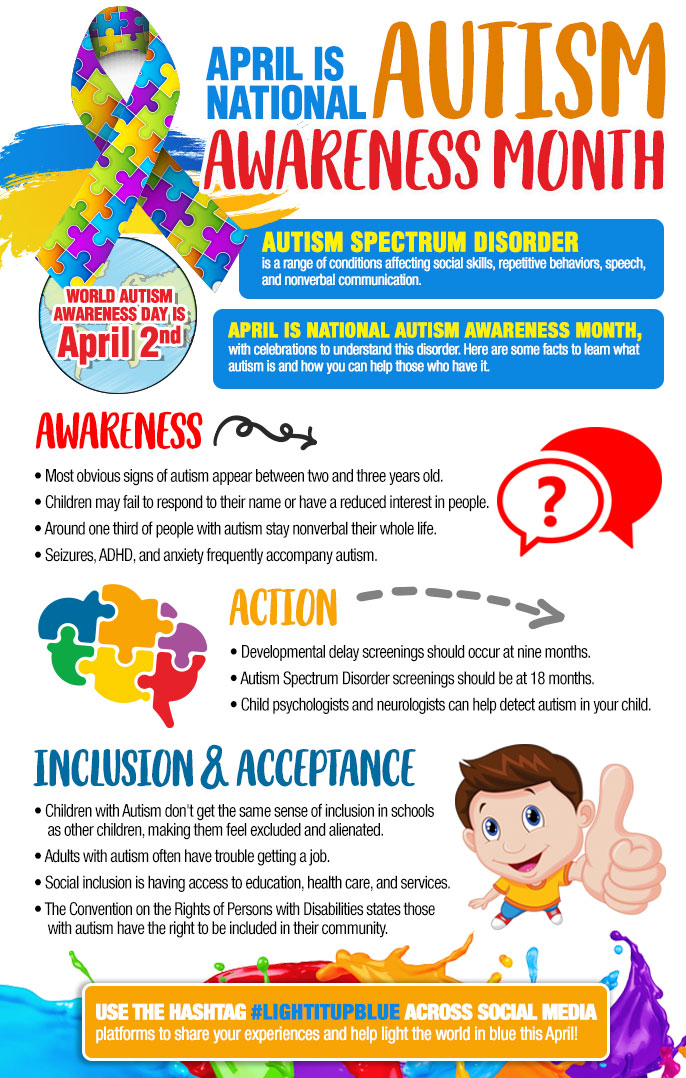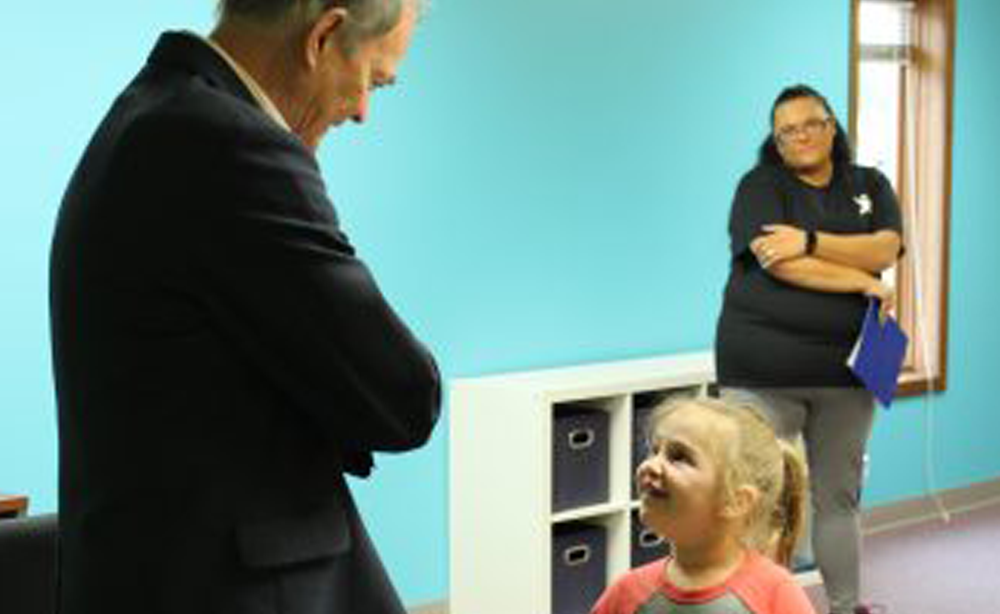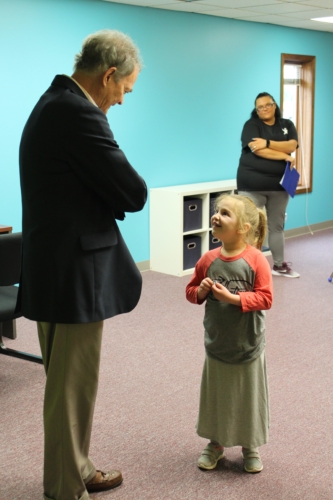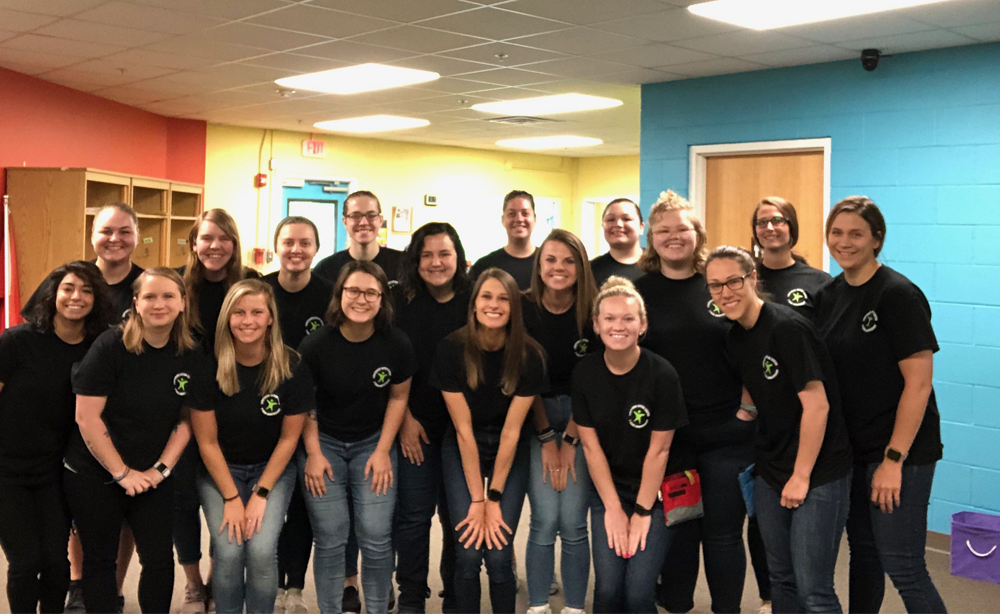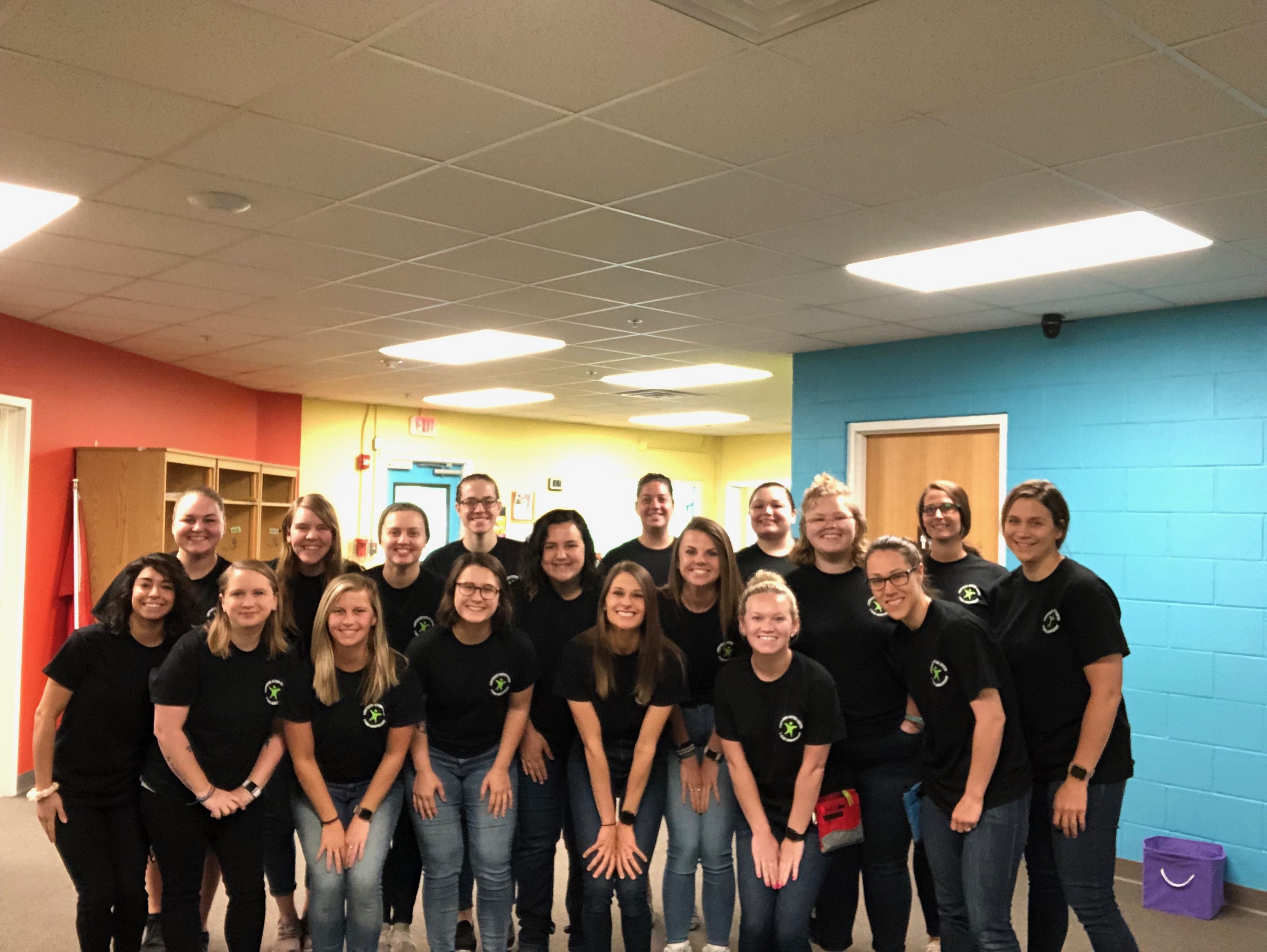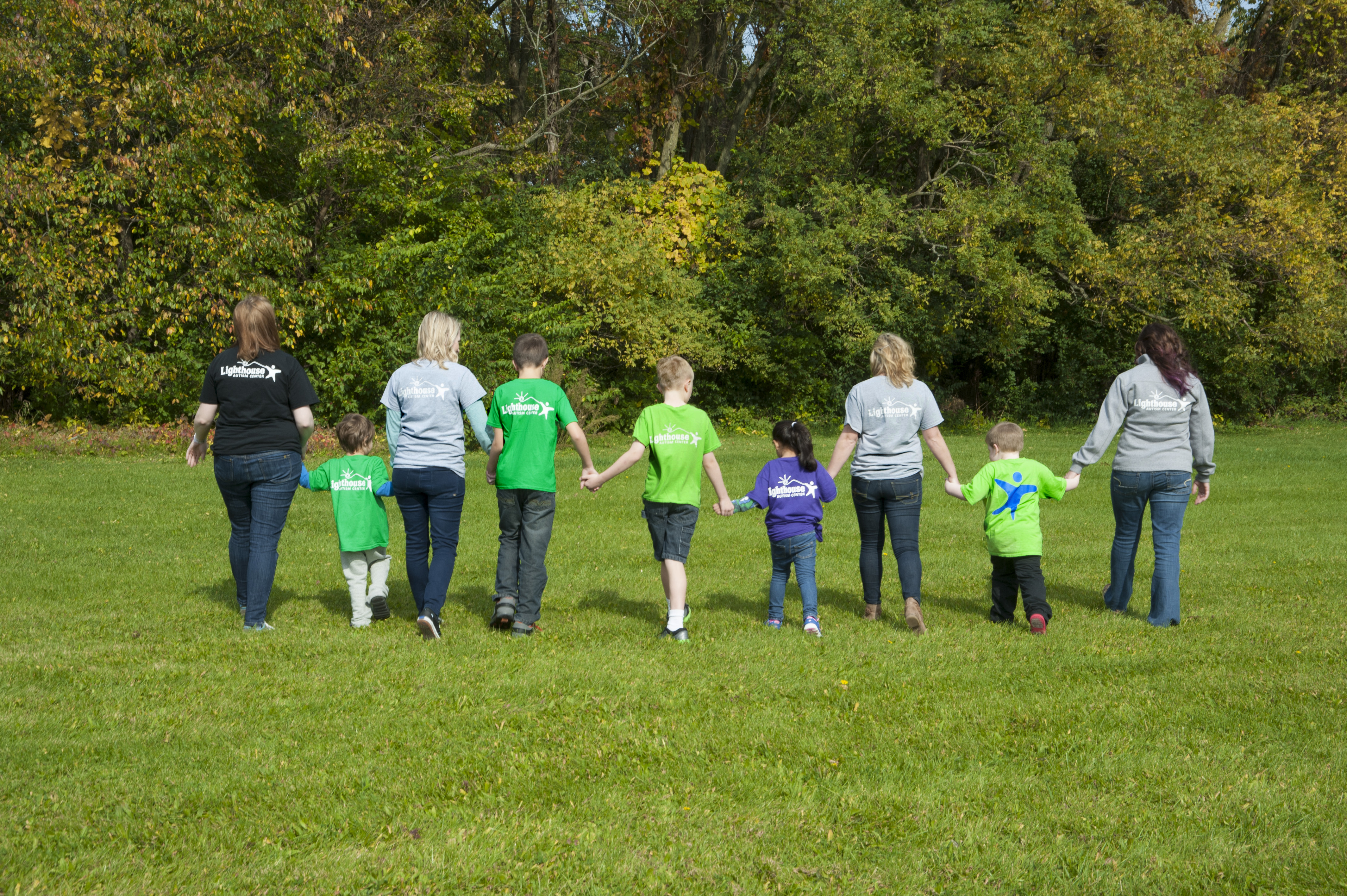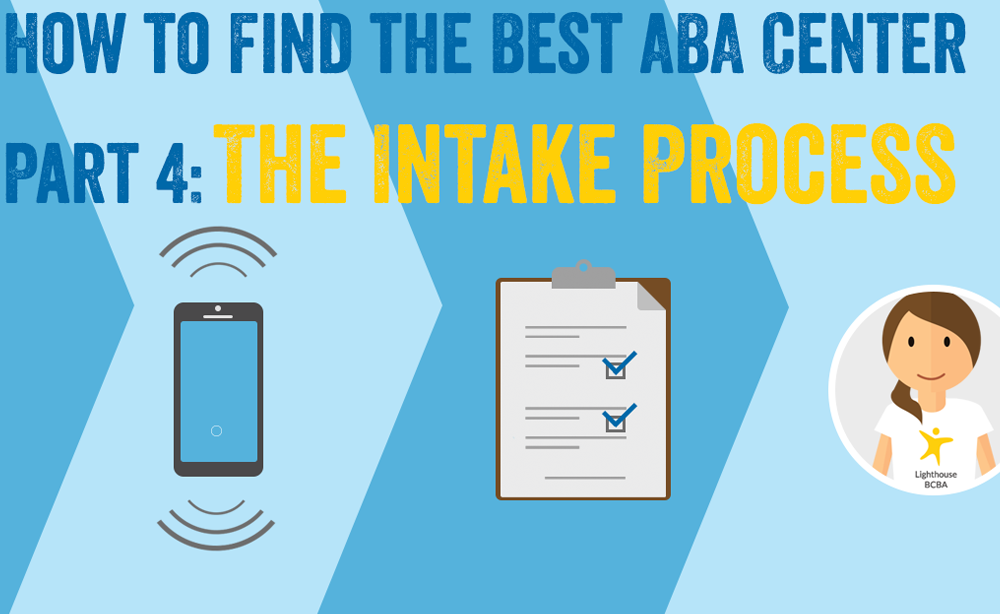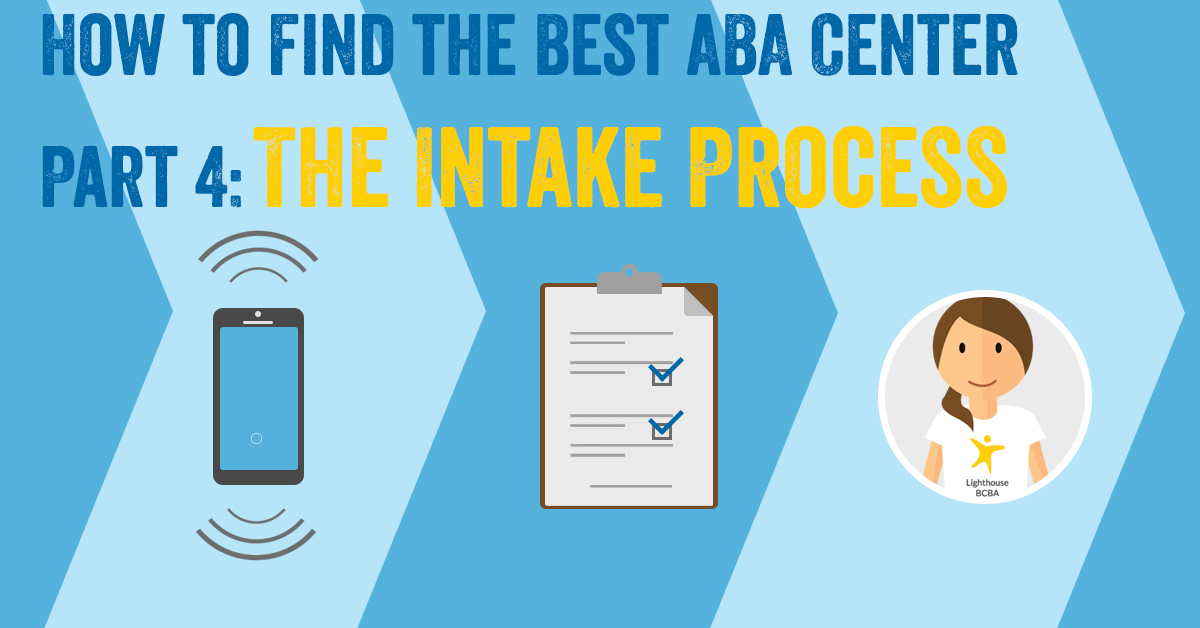After an autism diagnosis, choosing the right ABA therapy center can feel overwhelming. This parent-focused guide breaks down what truly matters in quality autism care, helping you confidently evaluate ABA centers and make an informed decision about your child’s therapy.
Tips on How To Find the Best ABA Center for Your Autistic Child
If your child has received an autism diagnosis, you likely have countless questions about the best ways to support their development. Applied Behavior Analysis (ABA) therapy is one of the most commonly used, and widely recognized, therapeutic interventions for autistic people and those with other developmental challenges. It is based on the principles of behaviorism, so this approach uses positive reinforcement to encourage good behavior and introduces consequences to reduce challenging behaviors.
Endorsed by medical professionals, including the U.S. Surgeon General, ABA therapy has helped countless families navigate their autism journey. But, to get the most out of this intervention, parents need to make sure they’re choosing the right center for autism and related disorders.
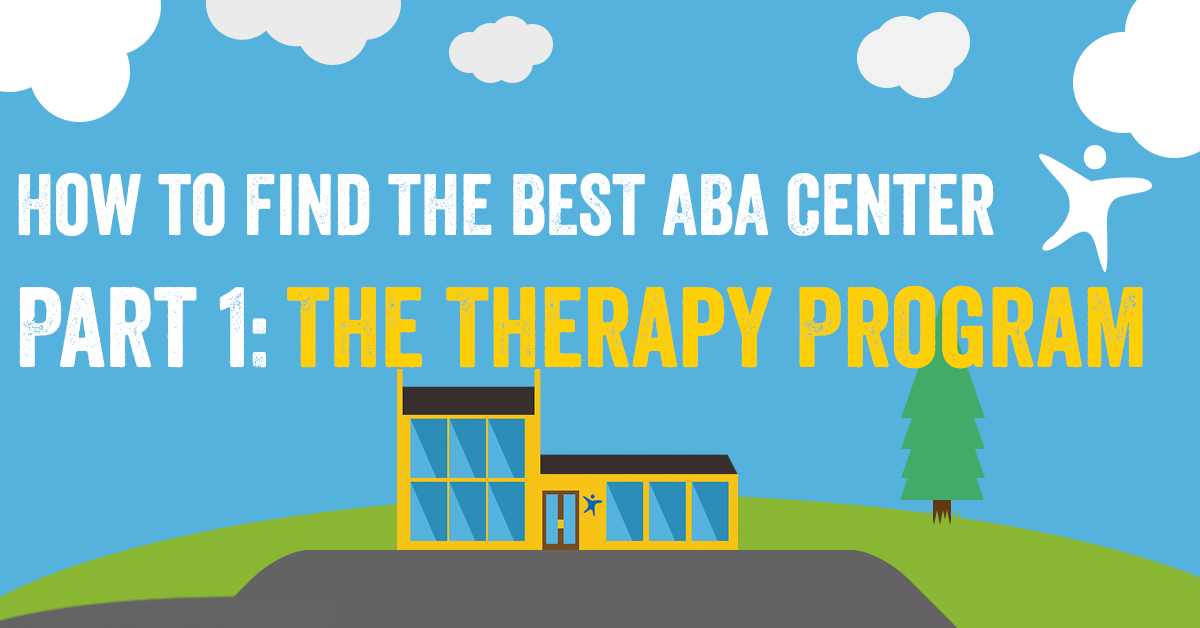
Why ABA Therapy?
ABA services for autism are not a one-size-fits-all approach. Each plan is uniquely built around your child and the best approach for them. The process starts with an in-depth assessment by a Board Certified Behavior Analyst (BCBA), who will take the time to learn about who your child is, their abilities, their challenges, and your family’s goals. Based on this assessment, they will then create a personalized treatment plan that changes and grows with your child.
This approach is backed by science, but an important factor that helps make it so effective is collaboration. Your BCBA doesn’t work in isolation; they work with you, your family, your child’s teachers, and other support systems to help your child develop skills that can make a real difference in their everyday life. Whether it’s communicating better, building friendships, learning proper hygiene and self-care practices, or gaining more independence with daily tasks.
This therapy also focuses on reducing challenging behaviors while promoting positive ones, all while adapting the approach to what works best for your child. If you’re considering ABA therapy for your child, choosing the right center is crucial for their success. Let’s explore what you should look for when you’re trying to find the best ABA therapy center.
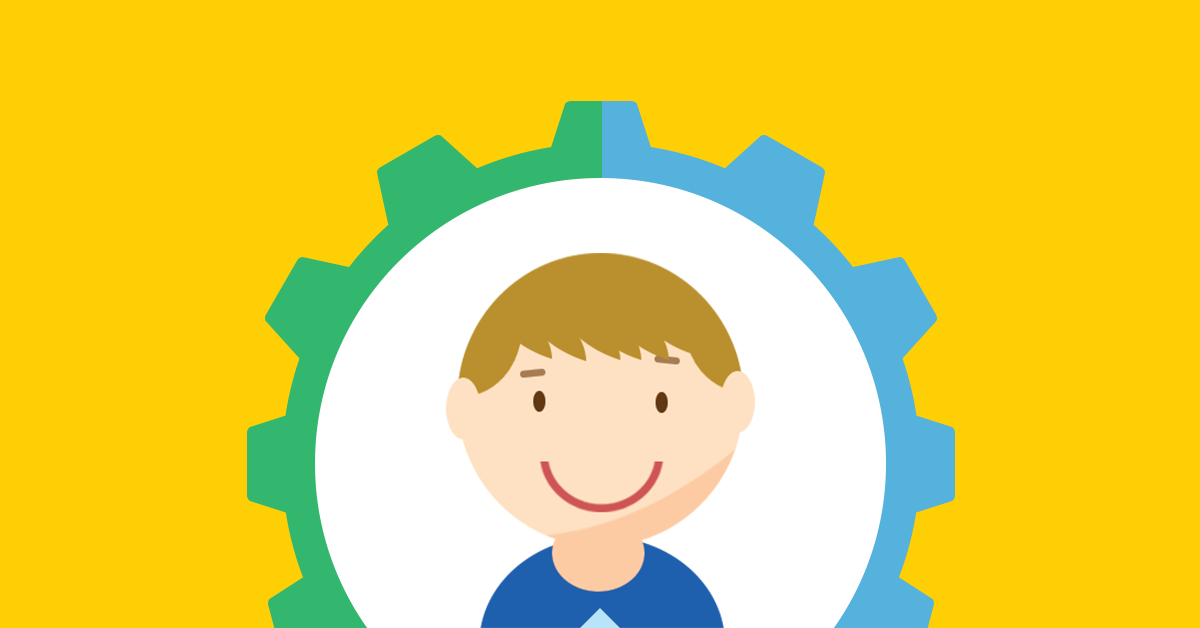
Credentials and Certifications
This may seem like a no-brainer, but it’s extremely important to make sure that the people running the ABA program you’re looking into are properly certified. Two of the main certifications you should be looking out for are Board Certified Behavior Analysts (BCBAs) and Registered Behavior Technicians (RBTs). These credentials aren’t just fancy titles. They reflect years of education, rigorous training, and practical, hands-on experience that will be needed to develop and implement an effective treatment plan and help your child thrive.
Your child’s progress depends heavily on having qualified ABA providers and medical professionals overseeing their care. A BCBA should be actively involved in developing and supervising your child’s treatment plan from day one. They’ll work closely with RBTs, who provide the day-to-day therapy under their supervision. It’s also worth asking how many cases your BCBA manages. They can be the best practitioner in the world, but it won’t help as much if they don’t have enough time to give your child’s program the attention it deserves.
Don’t hesitate to ask about the qualifications of everyone who will be working with your child. Quality ABA centers are always happy to share information about their team’s credentials and ongoing training programs. After all, your child’s development is too important to leave in the hands of any who are less than fully qualified professionals.

Customized Therapy Programs
No two children are exactly the same, right? Since this is true, it makes sense that no two children will have exactly the same therapy needs. They will have different behavior problems and will be behind in different developmental milestones. Therefore, ABA centers should never offer cookie-cutter therapy programs.
In designing an autism therapy program, the ABA center should perform a deep assessment of your child’s needs. An analysis of your child’s current skills will be produced from this assessment. Then, a board-certified professional will design a therapy program tailored to your child and their current skills. Additionally, the ABA center should be asking for parental input in the initial and ongoing assessment. Parents add value to the assessment by providing information about behaviors the child is showing and skills they are lacking. This is also a chance for parents to communicate the goals they have for their child. Goals can range from basic life skills like toilet training to more sophisticated skills like vocal communication.
Any worthwhile ABA center should be willing to create a unique therapy program to meet your child’s and family’s needs.

Formal Assessment Tools
Formal assessment tools, such as the VB-MAPP and AFLS should be used to evaluate the skill sets of an individual diagnosed with autism. They should be part of the foundation and structure of any great ABA curriculum.
The VB-MAPP is an assessment tool used to determine an individual’s social and early learner skills. VB-MAPP stands for Verbal Behavior Milestones Assessment and Placement Program. Quality ABA centers use the VB-MAPP, or something similar, to assess a child’s skills and then guide the design of that child’s goals.
The AFLS (Assessment of Functional Living Skills) is another assessment tool that could be used by an ABA center to assess your child’s needs. AFLS assesses the more practical, functional skills like toileting, dressing, basic communication, and self-management.
There are even more tools that ABA centers could be using, like the ABLLS and the Essentials for Living. These tools not only allow the therapy team to do an initial assessment of a child but they are also designed for continued monitoring and measurement of your child’s progress. The therapy team uses these tools to re-evaluate the effectiveness of the therapy program and make changes as goals are reached or if certain approaches may work better than others.
Consider asking an ABA center if they are using these tools to initially evaluate and continually monitor their children. Without these tools and the data they provide, an ABA center would have far less visibility into your child’s needs and progress.

Programs Based on Data
Data is the lifeblood of any quality ABA program and guides the decision-making about your child’s therapy programs.
For example, when your child first comes to a center, they may spend 60 minutes of every day flopping on the floor and screaming. A proper ABA center should be tracking the amount of time your child engages in this behavior. Over time, it will become possible to see a trend in the frequency of problem behaviors from one day to the next. The therapy program supervisors will then use this daily/weekly trend to decide how well the intervention is working. Eventually, they’ll want to see the 60 minutes of daily tantrums become 30 or 15 minutes. This declining trend in tantrums could indicate that the program is working.
On the flip side, if that 60 minutes of daily tantrums consistently stayed at 60 minutes over the course of several months, this might indicate that something about the therapy program wasn’t working. In the case of a program not working, the program supervisors should be able to re-examine the child’s behavior and shift the therapy program accordingly.
Consider asking the center for autism, “What kind of data do you use to track my child’s progress?” and “Can I see the data?”

Social Skills, Natural Environment Training, and Table Work
Every ABA therapy program should be based on three different components of ABA.
- Social skills: The child should be learning social skills by communicating with the therapist, working on eye contact improvements, and socializing with other children at the center. To make sure your child is getting the right social skills training, you want to know that they will have appropriate peer groups of the same age. A 10-year-old will not gain as many social skills interacting with only 5-year-old children, as opposed to interacting with children their own age.
- Natural environment training: Natural environment training involves using the principles of ABA therapy in natural environments or “the real world.” If your child only learned at a table in a therapy room, then they would have a harder time applying their teachings to other situations. By integrating therapy into “natural environments” like a kitchen, a bathroom, or even a playroom, your child becomes more equipped to use their new skills in the rest of the world and in your home.
- Table work: Table work is the initial teaching arm of the therapy program. Table work provides an environment that is engineered to reduce distractions. The reduced-distraction environment of table work creates focused learning experiences for your child. Through table work, they will become more accustomed to the kind of setting they will experience in a regular classroom as well as at a desk job.
One-on-One Therapy
An intense ABA therapy program means there will be a lower ratio between therapists and children. Additionally, an intensive ABA therapy program should strive for a 1:1 ratio between therapists and children as much as possible.
A 1:1 ratio has a positive impact on implementing the therapy. With a 1:1 ratio, the therapist can be fully aware of all your child’s behaviors, struggles, triumphs, and skills.
Furthermore, the 1:1 ratio also has benefits beyond the learning part of the therapy program and impacts the general operation of the autism center. Even small amounts of time where therapists must manage multiple children can result in behaviors going unnoticed and safety becoming increasingly at risk.
Ask the ABA center how often your child will be one-on-one with a therapist. If it’s possible, try to find a center that provides 100% one-on-one ABA therapy. This means that at NO point during the therapy program will your child be without a one-on-one setting with a therapist.
Contact Lighthouse Autism Center to learn more about finding a quality ABA center for your child.
Find a Center Near You
Interested in finding an autism center near you? Click Find a Center below to view a full list of current autism therapy centers.



